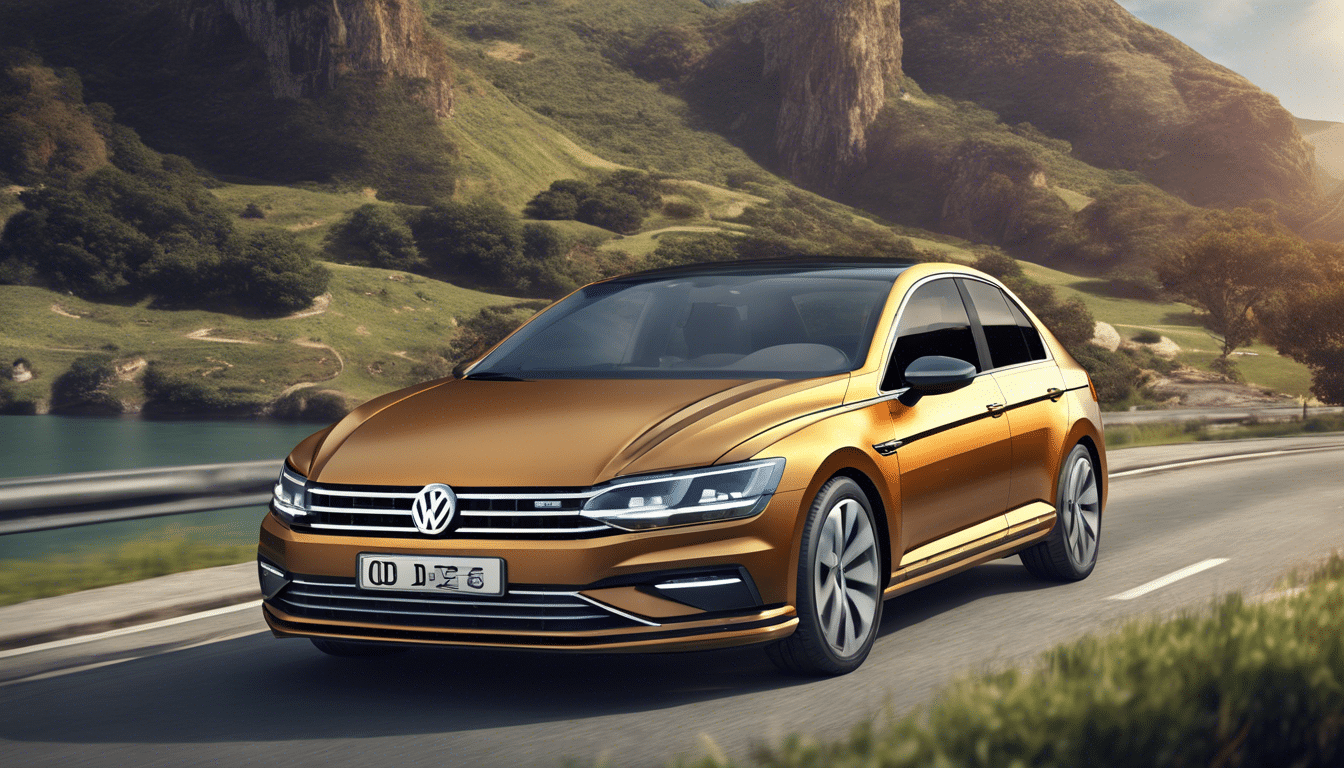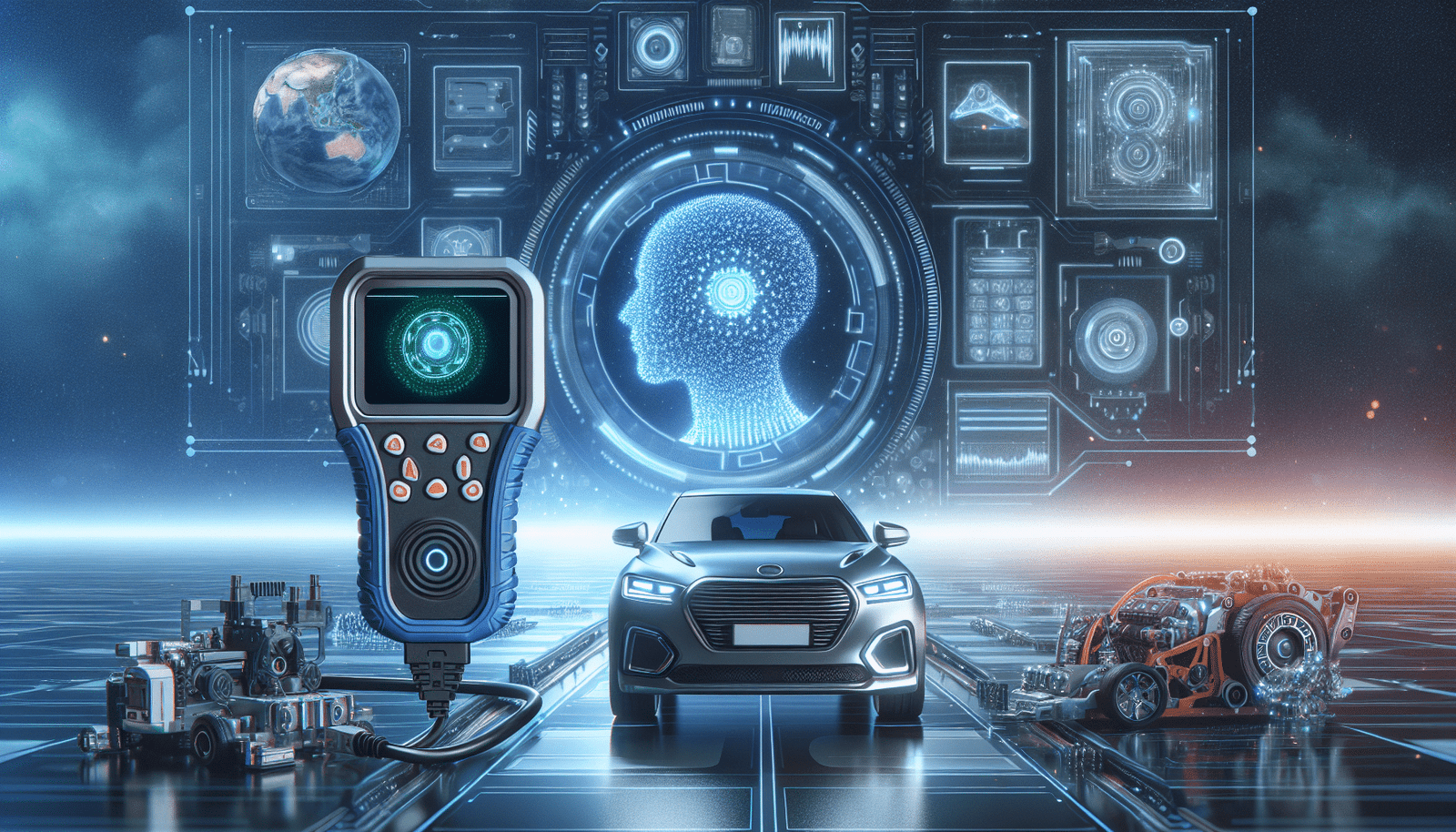How to recognize a hybrid car?
Hybrid cars and the impact of environmental regulations
What is a hybrid car?
A hybrid car is a vehicle equipped with two or more power sources, usually an internal combustion engine (often running on gasoline) and an electric motor. These engines can operate together or separately, depending on driving conditions, to optimize performance and fuel efficiency. Electrical energy is stored in a battery, which is recharged using techniques such as braking energy recovery.
There are different types of hybrid cars, including parallel hybrids which can use the combustion or electric engine independently, and plug-in hybrids which can be charged from an external source and run in pure electric mode on more long distances.
Taxation and incentives for clean vehicles
Context
Governments across the world are seeking to reduce greenhouse gas emissions, particularly those from transportation. Since the 1970s, various tax measures have been used to encourage the adoption of cleaner vehicles.
Case study: Lombardy, Italy
In Lombardy, an autonomous region of Italy, a regional tax is levied on cars. Since 2011, this tax has amounted to €1,079 per year. However, with the introduction of cleaner technologies, such as electric and hydrogen vehicles, tax exemptions are being granted. For example, a buyer of an electric or hydrogen vehicle is exempt from regional tax but must still pay an annual tax of €90 for the registration document.
Implications
A study by EATV indicates that the regional tax exemption has a limited impact on consumers' purchasing decisions, unless the purchase price of a new car is less than €19,000. Additionally, from January 1, 2021, in France, a new tax based on CO2 emissions has been introduced, varying between €0 and €4 per kilometer depending on fuel consumption.
The second-hand market for electric vehicles
In 2019, 19,652 used electric vehicles were sold in France. This represents an opportunity for buyers to benefit from cleaner vehicles at a lower cost compared to new vehicles. Examples of popular models include the Renault ZOE and Nissan LEAF.
Charging electric vehicles at home
For electric vehicle owners, charging infrastructure is crucial. L
Installing a home charging station is a viable option, allowing the car to be charged overnight or at convenient times. This can not only provide convenience, but also reduce charging costs by taking advantage of off-peak electricity rates.
Costs and subsidies
In France, for example, the cost of installing a home charging station generally varies between €500 and €1,200, depending on the capacity of the station and the complexity of the installation. To encourage the adoption of home charging stations, some governments offer subsidies or tax credits. In France, the Advenir program subsidizes up to 50% of installation costs, with a ceiling of €300 for individuals.
The future of hybrid and electric cars
Adoption of hybrid and electric cars is expected to continue to grow in the coming years, driven by growing concerns about climate change and air quality, as well as improving technology and reducing costs . Automakers are increasingly announcing electric and hybrid models, and many governments are imposing stricter emissions regulations and offering financial incentives for the purchase of clean vehicles.
Challenges
Despite growth, challenges persist, such as insufficient charging infrastructure, charging time, and limited battery life, which can be obstacles for some consumers. Additionally, the production of batteries and the extraction of the necessary materials raise environmental and ethical questions.
Innovations and trends
Innovations such as fast-charging batteries, expanding charging networks, and improved energy efficiency are key to overcoming these challenges. Additionally, alternatives like hydrogen vehicles are starting to emerge, although their adoption is still at an early stage.
Conclusion
Taxation and incentives play a key role in directing consumer choices towards greener vehicles. As the hybrid and electric car market continues to expand, it is essential to address challenges related to charging infrastructure, battery range, and the environmental impacts of battery production. By tackling these issues and continuing to innovate, it is possible to advance the transition to more sustainable modes of transportation.
- Moteurs diesel 472 : caractéristiques et applications - January 12, 2026
- Top 3 des shampoings Tekalab pour un pré-lavage performant - July 5, 2025
- OBD 3 : ce que l’avenir réserve aux garages - June 7, 2025














Leave a Reply